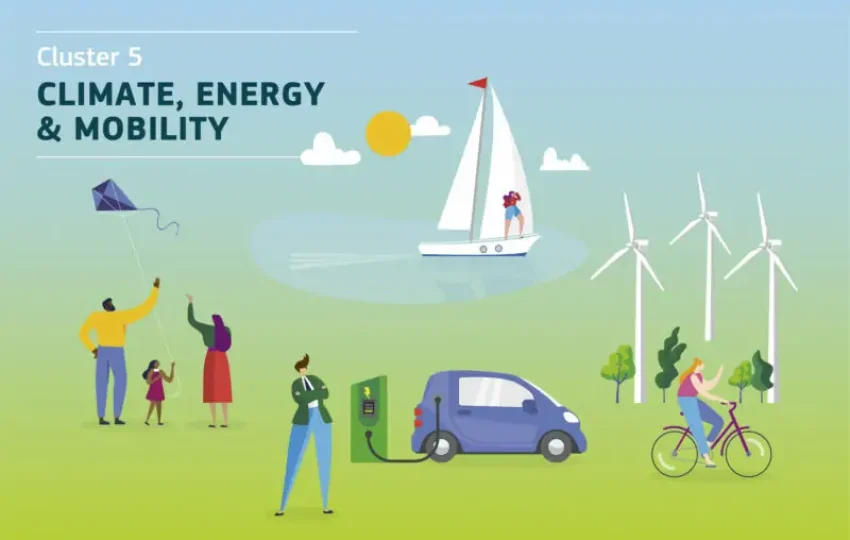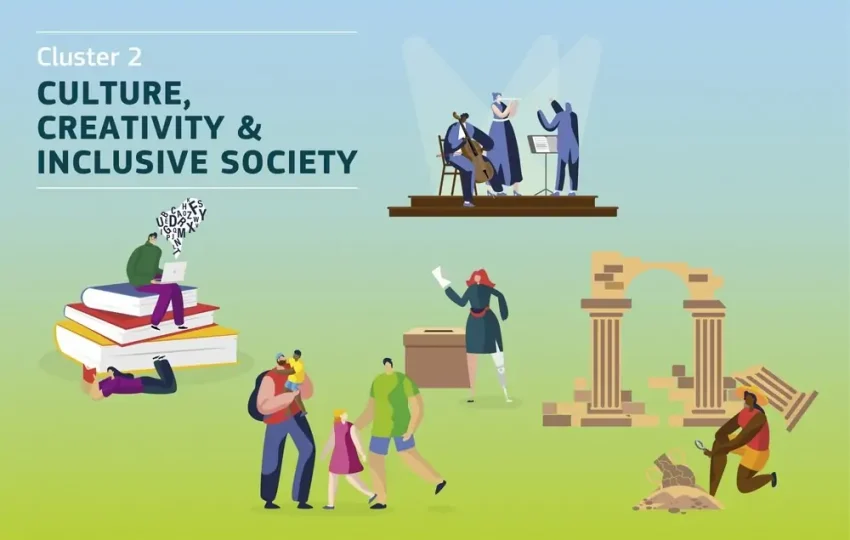There is no doubt that the current situation spending across Europe is certainly turning out to be a terrifying one. Nobody believed that when the first announcement for the coronavirus happen that it would turn out to be a pandemic. Unfortunately, nowadays we are asked to deal with the crisis we have never seen before and when it comes to the European Union actions that are being taken are aiming to improve the situation and help all the EU member states.
However, everyone has been plagued by the pandemic and, the European Union is forced to face another massive hit. All European programs appear to be receiving negative effects due to the outbreak. All current ongoing or planned activities and programmes such as the Erasmus plus and the European solidarity corpse are being either postponed or canceled all at once.
The EU objectives
The EU has an objective and that objective is the safety of the people taking part in massive financial frameworks such as the Erasmus plus. Programs that do participants will have to abide by the new measures taken at a national level. At the moment, the European Commission is working hard to help all beneficiaries, students, volunteers, and pupils as well as any other participant within the program to deal with the current situation and circumstances as well as the consequences of the pandemic.
The European Commission is constantly trying to adapt to this new responsibility. The unpredictable situation that has been created by the virus is making it quite clear that it is important to clarify and simplify the application, rules and all procedures necessary in cooperation with Erasmus plus national agencies and the education, audiovisual and culture executive agency.
On March 18, 2020, EU ambassadors agreed to the council’s position on legislative proposals which will free up funds to tackle the coronavirus outbreak. The urgency of the situation made it possible for both proposals to be approved without any amendments.
More budget to be distributed
The coronavirus response investment initiative has issued the following announcements:
- € 37 billion of cohesion funds will be issued to member states to address theconsequences of the crisis.
- € 8 billion of investment liquidity will be released from unspent pre-financing in 2019 for all the programs under the European regional development fund, the European social fund, the cohesion fund, and the European Maritime and fisheries fund.
- € 29 billion of structural funding across the EU for 2020 will also be provided for battling the virus.
As of February 1, 2020, the expenditure on crisis response will be available.
With all of these new measures, it is the ultimate goal of the European Union to support small and medium enterprises as well as elevate serious liquidity shortages that will be a result of the pandemic. It is important to strengthen investments in products as well as services that will be needed to battle the crisis, especially in the health service department. It will also be able for a lot of member states to have a lot of flexibility in transferring funds between programs aiming at helping those that have been affected the most.
The future of the European Union during the crisis
The EU ambassadors are aiming to increase proposals that will help to cover public health emergencies. A lot of funding will be allocated there and it is reasonable to assume that it will create a certain gap when it comes to other fields. However, at the time it appears that public health emergencies are the most important to deal with.
The next steps for the European Parliament are now focusing on agreeing in terms of the position of all the new measures that will need to be taken to combat the virus. Up until this point, we can see that the European Commission has acted quite fast to cushion the blow when it comes to businesses as well as families from the coronavirus.
We also noticed that the EU has blended the rules a little bit aiming at providing member states with maximum flexibility when it comes to moving funds and completing projects and the European financial frameworks. Yes, massive amounts of money have been made available to increase our chances of getting out of the pandemic as fast as possible however it does appear that the need for more funding and more measures is visible.
More help to come through EU programmes
In terms of EU projects that are already being implemented, the projects that are mostly affected are those that have participants and mobility is like for example the Erasmus plus project. All travels and actions taken in different countries have been postponed or canceled completely however, we do not yet have a clear view of how long the cancellation or the postponing is going to last.
The EU is going to take measures when it comes to reallocating the front of the projects for them to continue again in the future. In general, projects and the massive European financial frameworks have not stopped in any way as long as the project managers and organizations managing the project can work. In this particular case, remote work appears to be quite a good solution seeing as many projects continue their actions to this day.
The main focus of the current European projects is, of course, the coronavirus. And the Horizon 2020, Europe’s biggest financial frameworks, we can see a lot of calls focusing on doing scientific research on COVID-19. It is expected that a large amount of the budget will be allocated to those calls and the proposals implemented under them.
Actions are being taken
Right now, the EU’s top priority is to safeguard the health of all European citizens. All European member states are expected to work together to reinforce national healthcare systems as well as contain the spread of the virus. Here are the four priorities as issued by the EU’s response to COVID-19:
- limiting the spread of the virus,
- ensuring the provision of medical equipment,
- promoting research for treatments and vaccines,
- supporting jobs, businesses and the economy.
The EU is also ready to launch an initiative focusing on collecting ideas that will help utilise artificial intelligence and robotics as a solution to the crisis. The EU calls everyone who has developed or is about to develop such a system to immediately work with the union in an effort to bring an end to the problem.
It also offers a big support in the field of high-performance computing in an effort to help find the treatment for the new coronavirus. In particular, the focus falls upon supercomputing centres located in Bologna, Barcelona and Julich that are currently participating in the Exscalate4CoV project alongside many pharmaceutical companies as well as a very large number of biological and biochemical institutes.
The EU is supporting scientists all across the world in their effort to promote research and innovation against coronavirus. All the projects that are being implemented to tackle the spread of the coronavirus are receiving a lot of attention and will be supported by the EU.
Last but not least, the EU is once again initiating a number of new calls for proposals starting from March 2020 in an effort to increase the budget provided for projects that will combat the virus. Some examples are the IMI that has launched a €45 million call for proposals for the coronavirus in addition to the 18 Horizon 2020 research projects on coronavirus funding.
It appears that nothing will stop the European Union from helping as much as possible to combat the problem. Yes, a gap will be created and we will see a massive timeframe change within the next few months. It is reasonable to assume that a lot if not all project outcomes will be delayed by the end of the year. Right now, we are unable to predict a specific result when it comes to the outcome of the pandemic or how it will affect the future of EU projects and programmes within the next three months or six months.
Right now, the European Commission is working to keep our businesses afloat. To provide businesses with immediate cash relief, especially to the companies affected most by the outbreak, it appears that the European labor market does not stop working. Careful steps will lead to a brighter future after the coronavirus pandemic is over.


